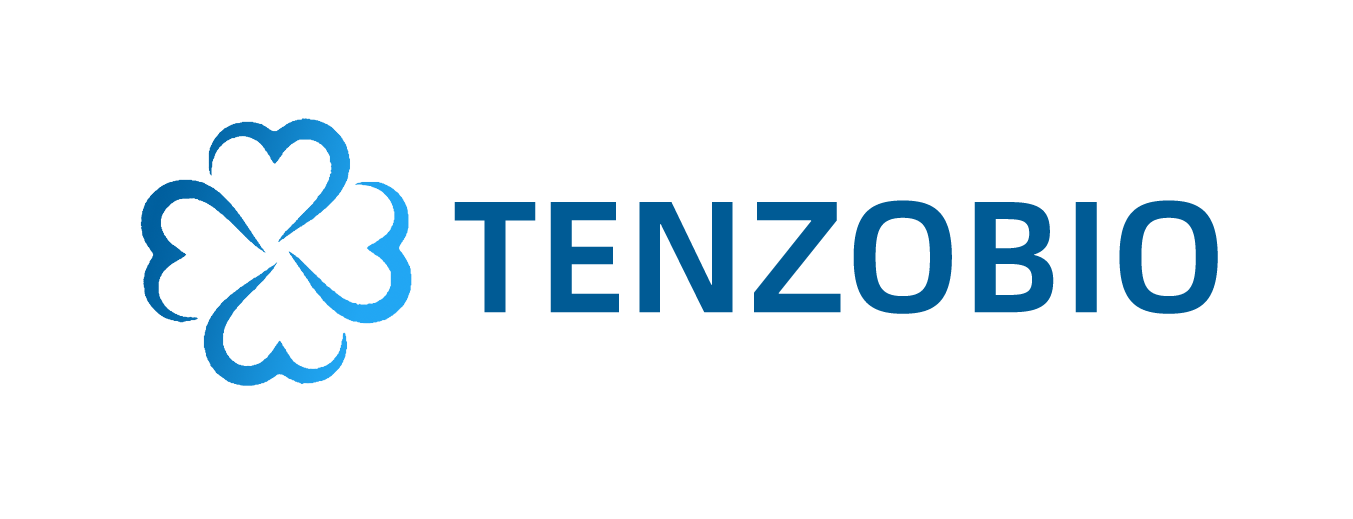
中文 | English

中文
SSX1 mouse monoclonal antibody, clone OTI1E10 (formerly 1E10)
Cat Number: GAM613833
SSX1 mouse monoclonal antibody, clone OTI1E10 (formerly 1E10)
Applications:
FCIFIHCWB
Species Reactivity:
Human
$ 169
/ 50ul
In Stock
50ul100ul
Description
Recommended Dilution
Product Features
Applications
FCIFIHCWB
Uniprot
Q16384
Isotype
IgG1
Species Reactivity
Human
Background
The product of this gene belongs to the family of highly homologous synovial sarcoma X (SSX) breakpoint proteins. These proteins may function as transcriptional repressors. They are also capable of eliciting spontaneously humoral and cellular immune responses in cancer patients, and are potentially useful targets in cancer vaccine-based immunotherapy. SSX1, SSX2 and SSX4 genes have been involved in the t(X;18) translocation characteristically found in all synovial sarcomas. This translocation results in the fusion of the synovial sarcoma translocation gene on chromosome 18 to one of the SSX genes on chromosome X. The encoded hybrid proteins are probably responsible for transforming activity. [provided by RefSeq, Jul 2008]
Calculated molecular weight
21.8 kDa
Purification method
Affinity Purification
Clonality
Monoclonal
Host species
Mouse
Immunogen
Full length human recombinant protein of human SSX1 (NP_005626) produced in E.coli.
Clone name
OTI1E10
Alias
SSX1








Cat Number: GAM613833
SSX1 mouse monoclonal antibody, clone OTI1E10 (formerly 1E10)
Applications:
FCIFIHCWB
Species Reactivity:
Human
$ 169
/ 50ul
In Stock
50ul100ul
Description
Recommended Dilution
Product Features
Applications
FCIFIHCWB
Uniprot
Q16384
Isotype
IgG1
Species Reactivity
Human
Background
The product of this gene belongs to the family of highly homologous synovial sarcoma X (SSX) breakpoint proteins. These proteins may function as transcriptional repressors. They are also capable of eliciting spontaneously humoral and cellular immune responses in cancer patients, and are potentially useful targets in cancer vaccine-based immunotherapy. SSX1, SSX2 and SSX4 genes have been involved in the t(X;18) translocation characteristically found in all synovial sarcomas. This translocation results in the fusion of the synovial sarcoma translocation gene on chromosome 18 to one of the SSX genes on chromosome X. The encoded hybrid proteins are probably responsible for transforming activity. [provided by RefSeq, Jul 2008]
Calculated molecular weight
21.8 kDa
Purification method
Affinity Purification
Clonality
Monoclonal
Host species
Mouse
Immunogen
Full length human recombinant protein of human SSX1 (NP_005626) produced in E.coli.
Clone name
OTI1E10
Alias
SSX1

扫码添加微信客服 工作时间:9:00-18:00
